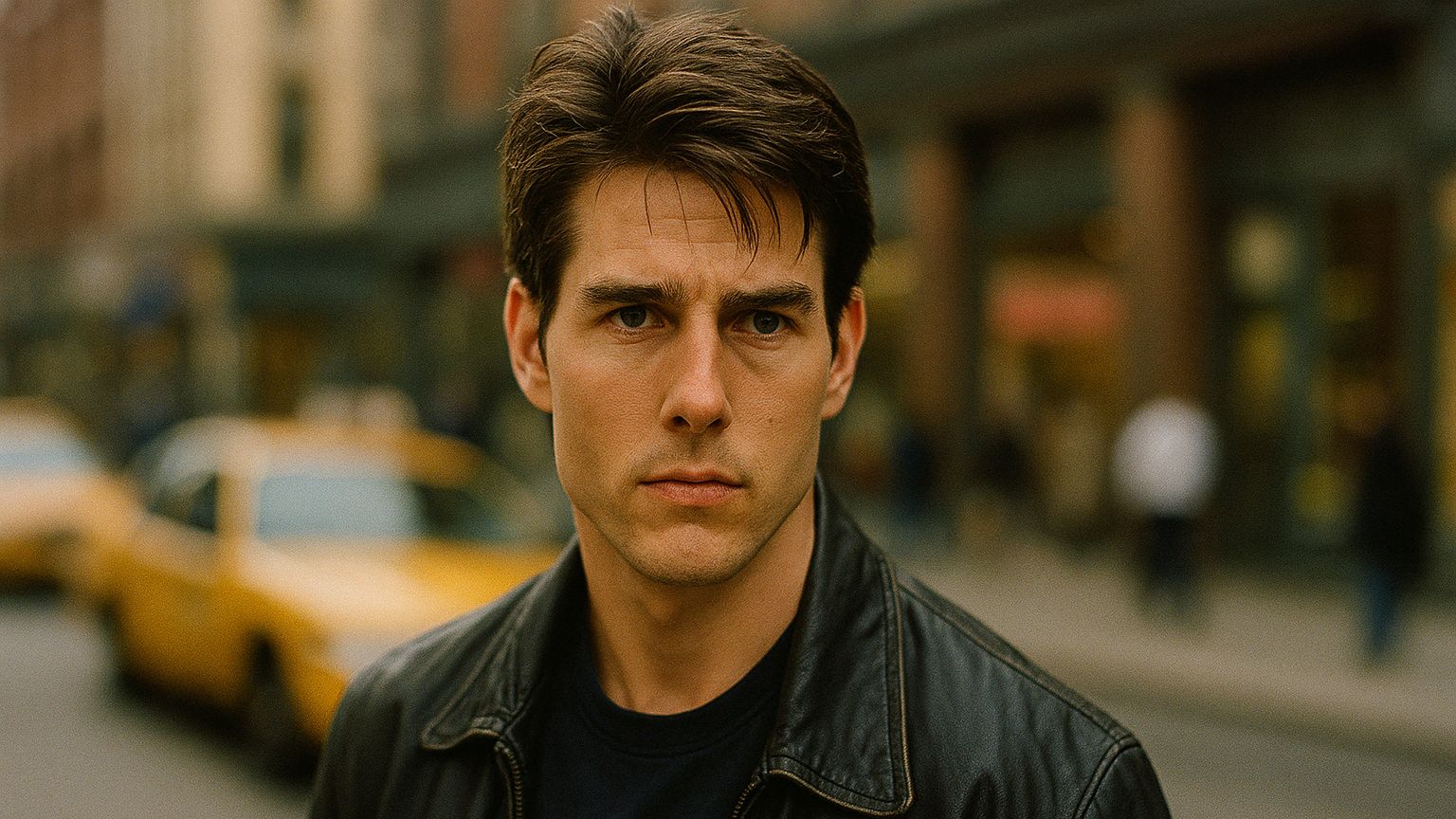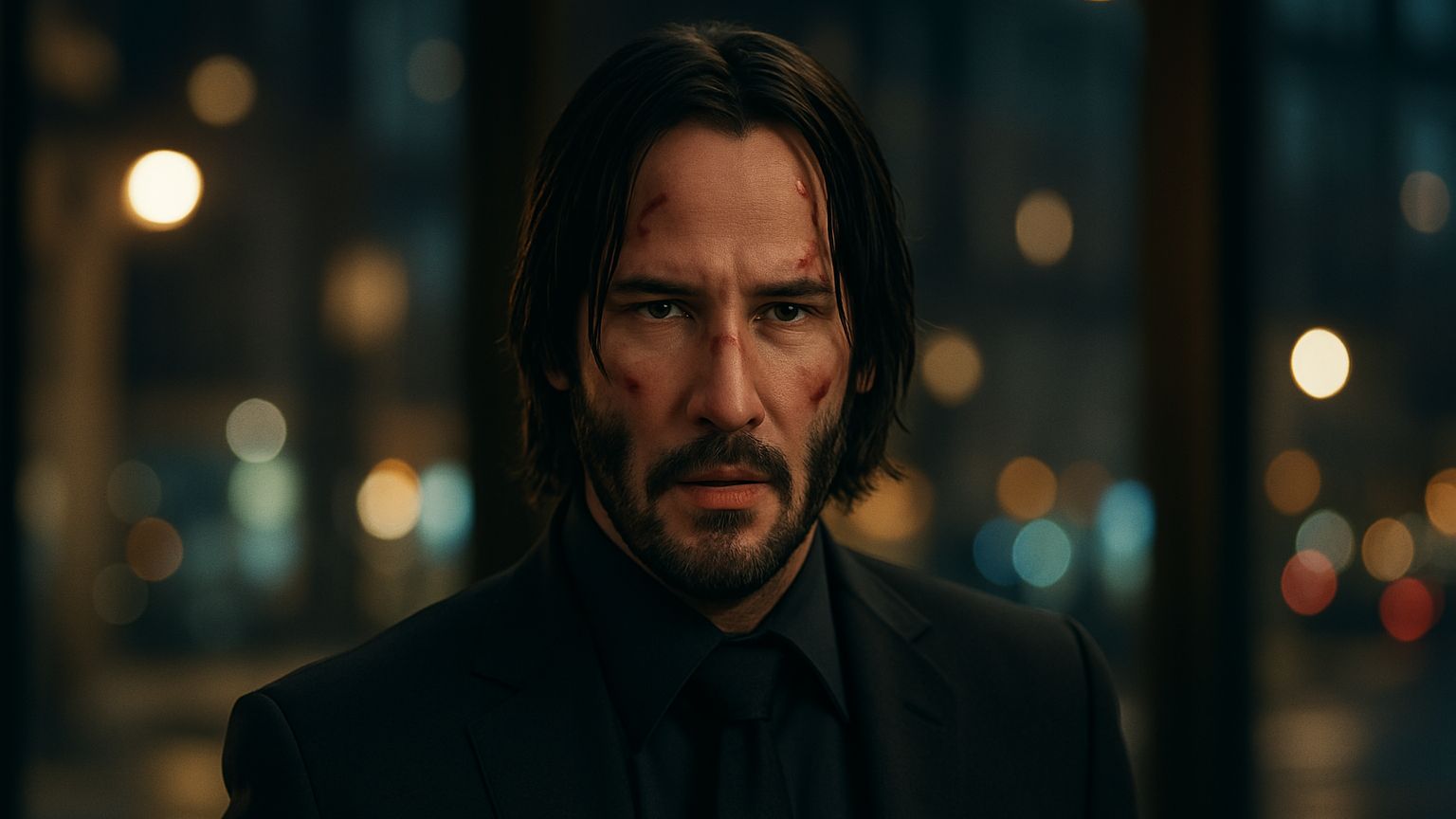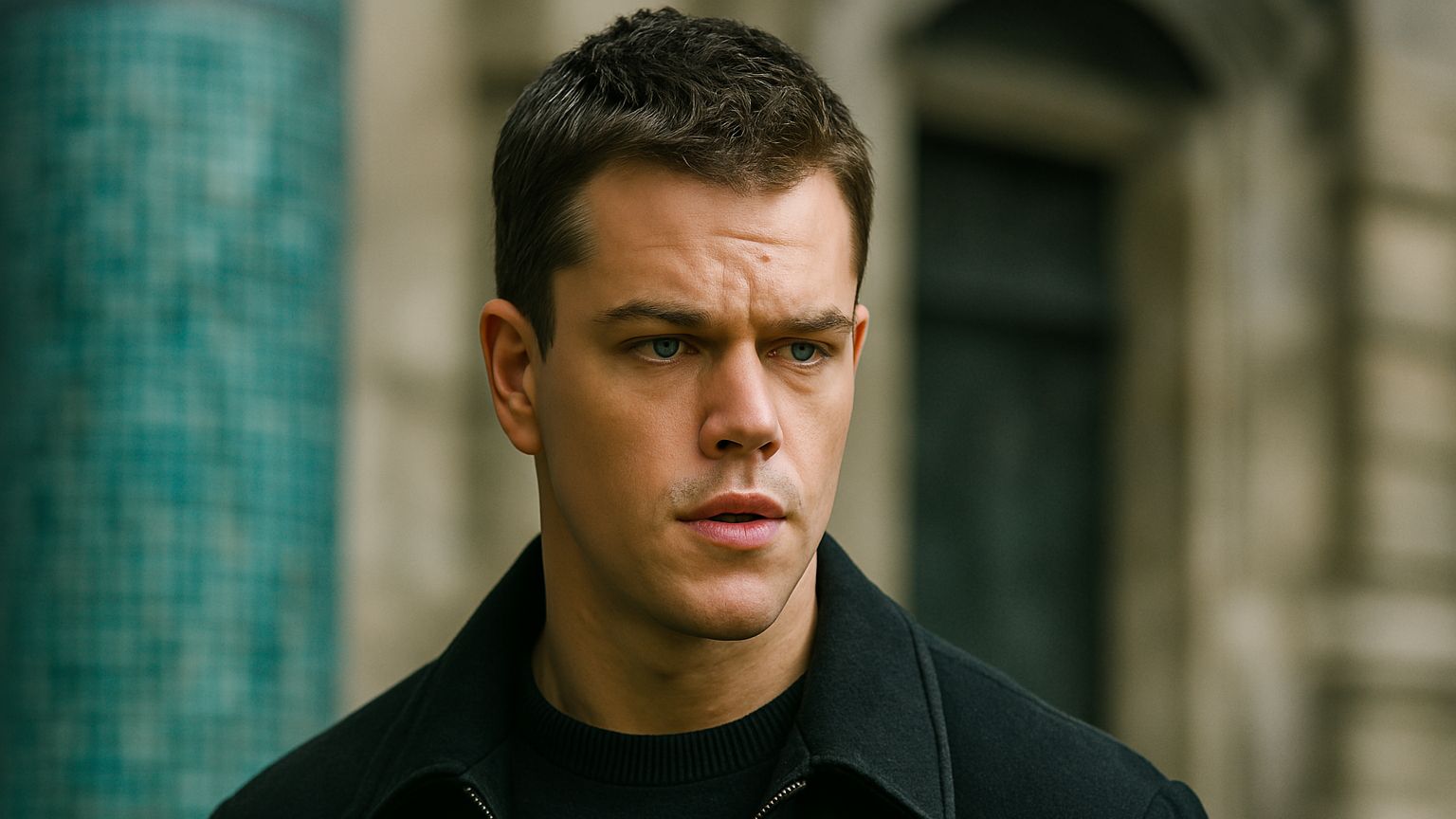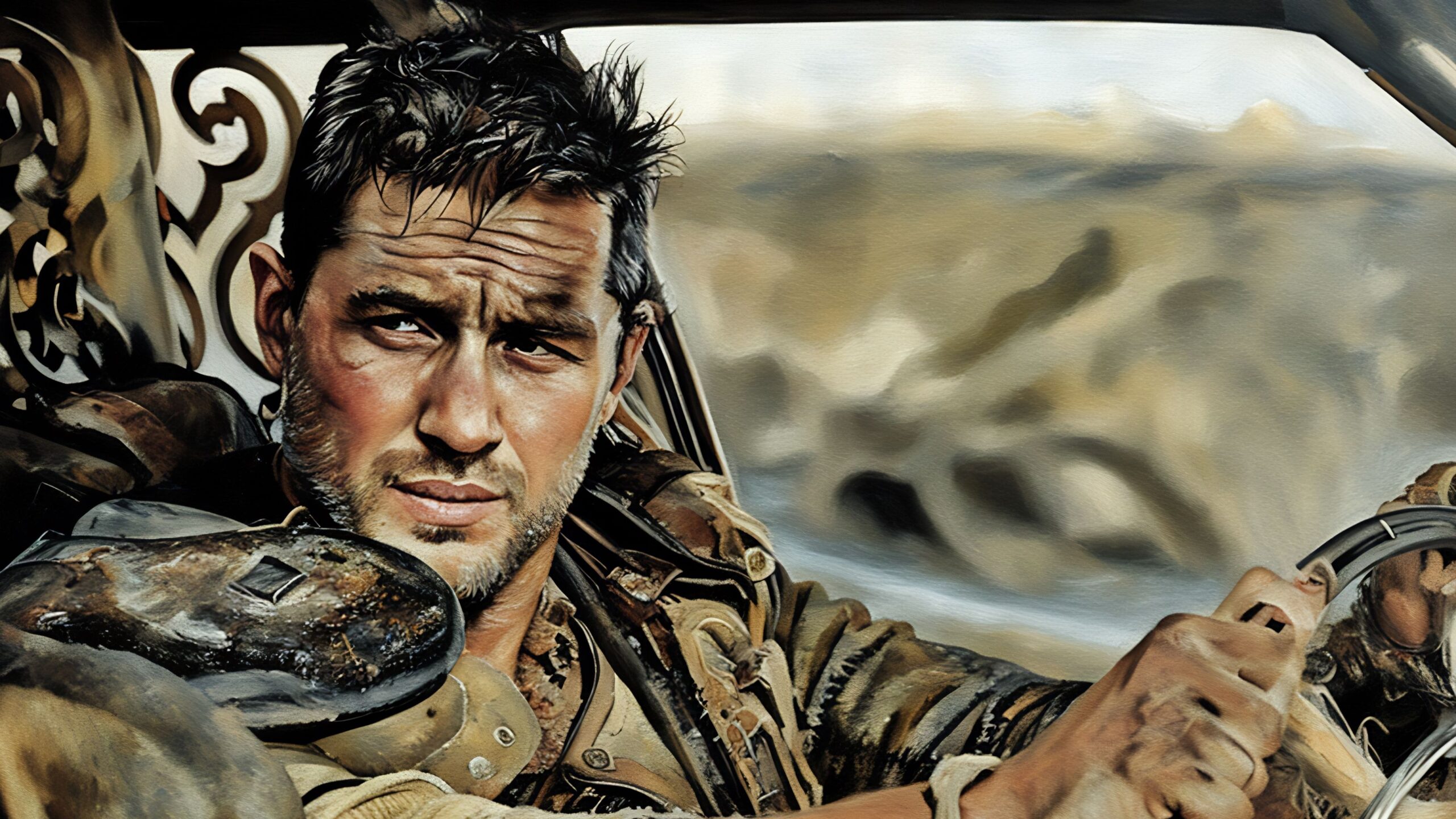From TV Legacy to Cinematic Powerhouse
Before Ethan Hunt became a cinematic icon, Mission: Impossible was already a cult classic. The original 1966 television series created by Bruce Geller brought spy drama to prime time with its iconic theme music, daring missions, and a team-based approach to espionage. Jim Phelps led the IMF team with clever disguises, cryptic cassette messages, and minimal explosions. But the franchise as we know it today—adrenaline-fueled, stunt-heavy, globe-trotting action—owes everything to the man who made it personal: Ethan Hunt. When the first Mission: Impossible film premiered in 1996 with Tom Cruise in the lead, audiences witnessed the transformation of a cerebral spy series into an edge-of-your-seat cinematic experience. And that transformation had one constant: Ethan Hunt. He wasn’t just part of the mission—he was the mission.
The Making of a Modern Action Hero
So, what makes Ethan Hunt different from your typical action lead? At first glance, you might think he’s just another suave, lethal operative in a sea of secret agents. But peel back the layers, and you’ll find a uniquely vulnerable, morally conflicted, and deeply driven character who doesn’t just survive the impossible—he chooses to face it head-on. Tom Cruise poured himself into the role, performing many of his own death-defying stunts, including climbing the Burj Khalifa, hanging off an airplane mid-takeoff, and skydiving at 25,000 feet. These weren’t just scenes—they were statements. With each film, Ethan evolved from a somewhat reckless operative into a legend with conviction. He never became invincible—he just became unstoppable. That nuance turned Ethan into more than a hero; it turned him into the face of modern action cinema.
The Stunt That Changed Everything
Let’s rewind to 1996. The very first Mission: Impossible film set the tone with an unforgettable vault scene that still makes people sweat. Ethan dangling from a cable, inches from the floor, in absolute silence—it wasn’t loud, but it was revolutionary. It made you hold your breath. It made you feel the stakes. That single moment helped define Ethan Hunt’s brand of action: not just brute strength or flashy explosions, but suspense, precision, and finesse. And it was a glimpse of what would come in future films. Unlike other action franchises that went louder and bigger, Mission: Impossible opted for more daring and more real. Cruise’s commitment to practical stunts made Ethan Hunt feel authentic in an increasingly CGI-filled world. The stunts weren’t just spectacle—they were character development in motion.
Trust Issues and Double Crosses: A Hero Alone
One of the most compelling elements of Ethan’s journey is the consistent betrayal he faces. From being framed by his own agency to watching mentors become enemies, Ethan is rarely given the luxury of trust. In the first film, when Jim Phelps (the original IMF leader from the TV series) is revealed to be a traitor, it shook longtime fans to the core. For Ethan, it was personal. From that moment, he became a reluctant leader, shouldering burdens meant for entire teams. Over the years, betrayals from both allies and organizations became a recurring theme—one that hardened Ethan without breaking him. The IMF wasn’t just a job to him—it was a responsibility. He didn’t trust easily, but he believed in the mission. That unwavering sense of duty—rooted in loyalty, not bureaucracy—defined him.
The Evolution of the Team Dynamic
Though Ethan often felt isolated by betrayal, he never truly operated alone. Over the years, the franchise grew a powerful ensemble cast that helped deepen the emotional stakes. From tech genius Luther Stickell (played by Ving Rhames) to comic-relief-turned-essential-hacker Benji Dunn (Simon Pegg), Ethan’s relationships grounded the series. And let’s not forget Ilsa Faust (Rebecca Ferguson), the MI6 agent who challenged him both intellectually and emotionally. These weren’t just background players—they were family. The chemistry between Cruise and his co-stars gave the franchise emotional weight. Through these characters, we see Ethan’s humanity shine. He’s not the cold, efficient lone wolf. He’s the guy who risks everything to save his team—even if it means compromising the mission. It’s a dynamic that separates him from other spies and cements his place as a leader driven by connection, not control.
The Franchise That Redefined Itself
What’s astonishing about Mission: Impossible is how it managed to reinvent itself with every installment. From Brian De Palma’s espionage thriller to John Woo’s slow-motion action opera, each film had a distinct style. But it was with Mission: Impossible III and beyond—under the guidance of directors like J.J. Abrams, Brad Bird, and Christopher McQuarrie—that Ethan Hunt’s identity fully crystallized. With each film, the stakes rose not just globally, but personally. Whether it was Ethan saving his wife, stopping rogue nations, or cleaning up internal corruption, he wasn’t just a spy—he was a man with something to lose. And while each entry built upon its predecessor, it was Ethan who remained the emotional and physical core. The audience didn’t just come back for explosions. They came back to see how Ethan would pull it off this time—and what it would cost him.
Tom Cruise and the Legacy of Commitment
You can’t talk about Ethan Hunt without talking about Tom Cruise. The man didn’t just play the role—he became the mission. His off-screen dedication to pushing the limits of practical stunts, embracing each new challenge with a daredevil smile, transformed Mission: Impossible into the most consistent action franchise of its era. Cruise redefined what it meant to be a leading man. No green screens. No stunt doubles. Just a guy sprinting across rooftops, clinging to helicopters, and launching off motorcycles like it was his morning workout. That kind of authenticity bled into the character. Ethan Hunt is compelling because Cruise makes us believe he’s doing it all. And he is. It’s not about machismo—it’s about commitment. Every broken ankle, every real sky dive, and every near-death stunt added layers of credibility that no CGI explosion could replicate.
The Human Element in the Chaos
What really separates Ethan Hunt from other action icons is his heart. Sure, he’s skilled, resourceful, and physically fearless—but he’s also deeply empathetic. He doesn’t make cold calculations; he makes sacrificial choices. In Fallout, when given a choice between saving one life or millions, he dares to find a third option—where nobody has to die. That belief in the impossible isn’t just a tagline—it’s his compass. Ethan constantly wrestles with the consequences of his actions. He’s haunted by failures, driven by guilt, and fiercely protective of the innocent. He doesn’t want glory. He wants redemption. That emotional core keeps the franchise grounded even when the action goes sky-high. Ethan reminds us that being a hero isn’t about being bulletproof—it’s about being willing to risk it all for something bigger than yourself.
Why Ethan Hunt Endures
What makes Ethan Hunt endure, even after decades and countless missions, is the blend of vulnerability and resolve. He isn’t perfect. He’s been betrayed, broken, and outgunned. But he never stops. He adapts. He sacrifices. He believes. That consistency gives the audience something to hold on to in a world full of shifting alliances and global threats. He may not have superpowers or billionaire tech, but Ethan Hunt’s superpower is his grit. In a cinematic universe where franchises rise and fall, he remains a constant. Each time he accepts a mission, it’s not just another job—it’s another chance to prove that you don’t need to be invincible to be unstoppable.
What’s Next for the Impossible Man?
As the franchise continues to evolve, Ethan’s journey is far from over. Future films promise even more gravity-defying stunts, geopolitical intrigue, and emotional entanglements. But the question remains—how long can one man carry the weight of the world on his shoulders? And will there ever be a worthy successor? Cruise has hinted that he wants to pass the torch eventually, but for fans, imagining anyone else in the role is… well, impossible. Ethan Hunt has become more than a character—he’s a symbol. A symbol of perseverance, loyalty, and daring. The IMF may be fictional, but Ethan Hunt’s impact is very real. And as long as there’s a fuse waiting to be lit, you can bet Ethan will be there, sprinting headfirst into the fire.
The Man Who Became the Mission
In the world of high-octane franchises, Ethan Hunt didn’t just join the ranks—he defined them. With every daring escape, every last-second save, and every gut-wrenching choice, he reshaped what it means to be an action hero. He’s not the loudest, the flashiest, or the most powerful. But he is the most human. That’s why Ethan Hunt became the face of Mission: Impossible. Because in the end, it’s not just about saving the world—it’s about doing it with your soul intact.





